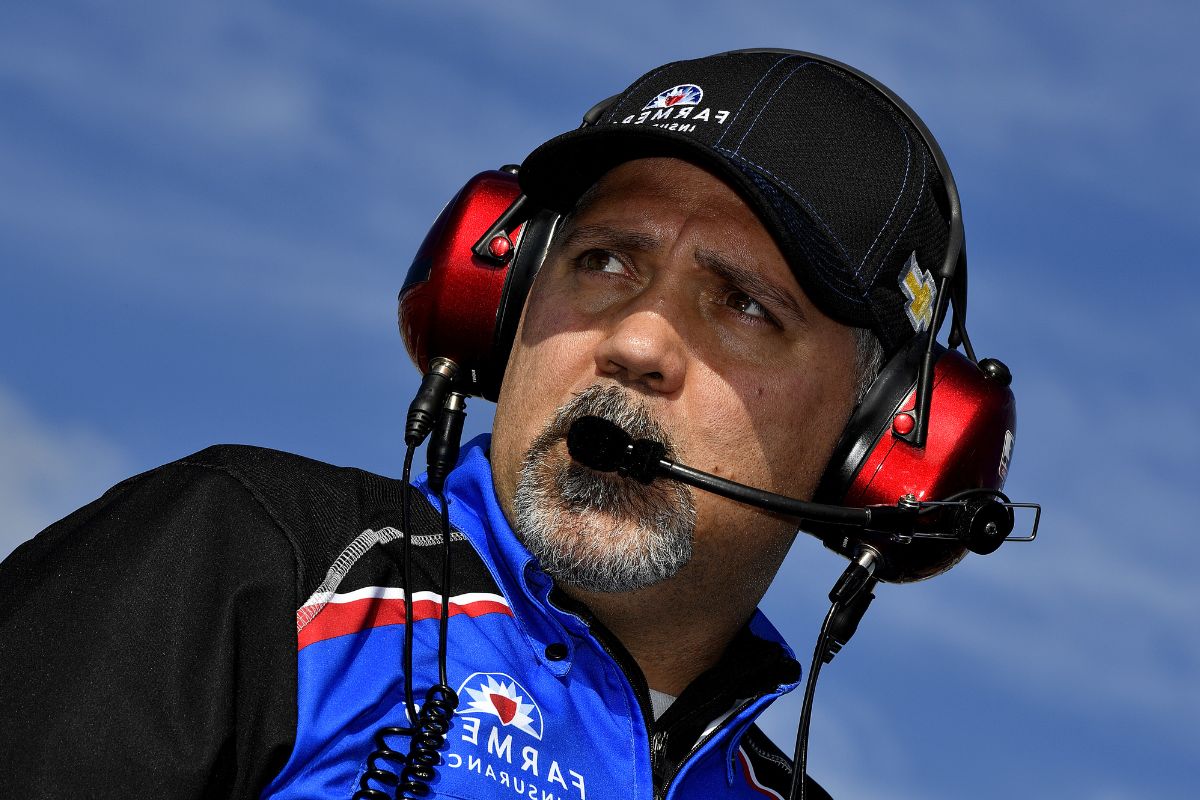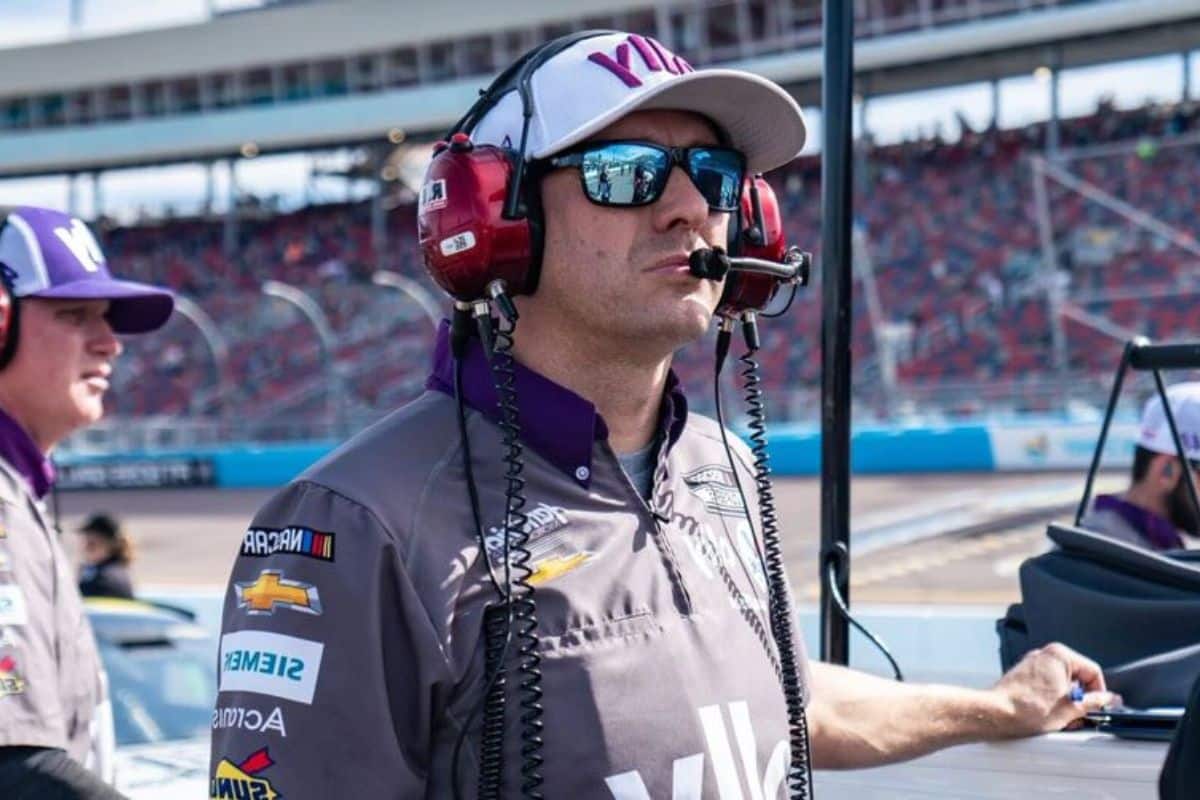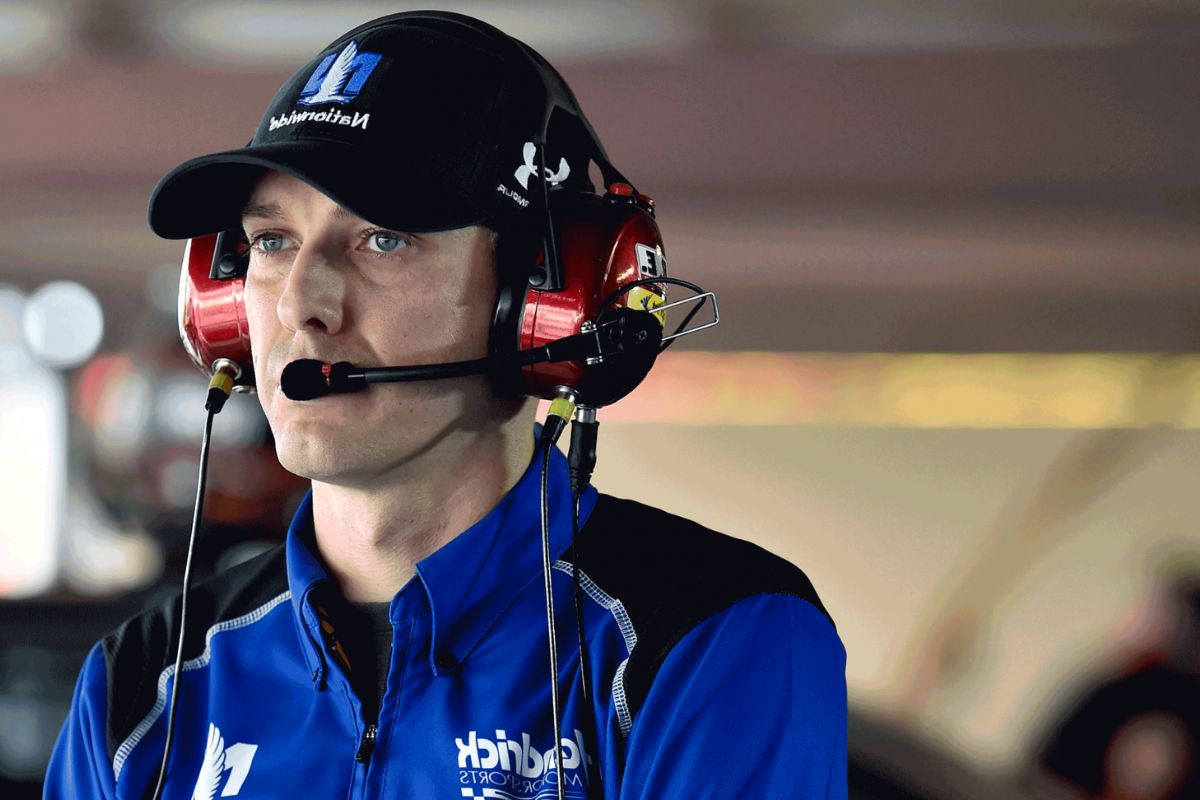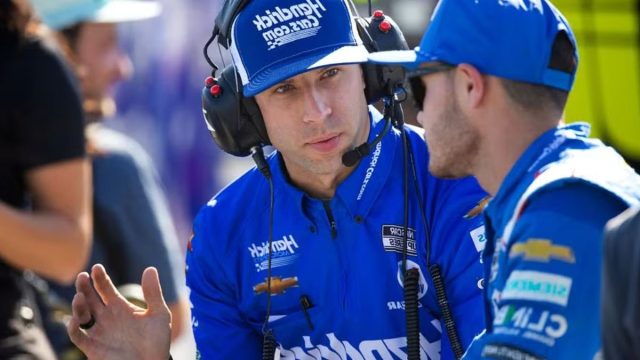Understanding Crew Chief Salaries: In the high-octane world of NASCAR, crew chiefs play a pivotal role in a team’s success on the track. These unsung heroes are responsible for making split-second decisions, strategizing race plans, and guiding their drivers to victory.
But have you ever wondered how much these highly skilled professionals earn? Understanding crew chief salaries and navigating the pay landscape in NASCAR is a complex task, as compensation varies based on numerous factors. From experience and track record to team budgets and sponsorship deals, there are many elements at play.
In this discussion, we will dive into the intricacies of crew chief salaries, explore the compensation structures for pit crew members, and uncover the qualifications and training required for these integral roles. Prepare to be enlightened by the fascinating world of NASCAR crew chief salaries, where success and skill go hand in hand, and the pay landscape is as fast-paced as the races themselves.
Key Takeaways
- The role and responsibilities of a Crew Chief in NASCAR involve overseeing race car preparation, developing race strategies, managing the pit crew, and providing expertise and leadership to the team.
- Factors such as team standing, experience, race day income, sponsorship deals, and team success can affect a Crew Chief’s salary in NASCAR.
- Pit crew members receive fair and competitive salaries, with the average annual salary being $86,421. Exceptional performers can earn up to $130,000 with bonuses and endorsements, and specific roles within the pit crew have their own salary ranges.
- Strong automotive knowledge, training programs, apprenticeships, and education in automotive technology are important qualifications and training for pit crew members. Collaboration between crew chiefs and pit crew members is crucial for success and impacts team performance and salaries.
The Significance of the Crew Chief in NASCAR
The crew chief in NASCAR holds a pivotal and integral role, second only to the driver, overseeing a multitude of responsibilities that are crucial to the success of each race. They are responsible for preparing the race car, making it race-ready by fine-tuning its performance and ensuring it complies with technical regulations.
The crew chief also plays a crucial role in developing race strategies, analyzing data, and making real-time decisions during the race. They must possess a deep understanding of the car’s mechanics, aerodynamics, and tire management to optimize performance.
Additionally, the crew chief manages the pit crew, coordinating pit stops and ensuring they are executed flawlessly. Their ability to make split-second decisions and adapt to changing race conditions is vital in achieving success on the track.
The crew chief’s expertise and leadership are invaluable assets to a NASCAR team.

Compensation Variation for Crew Chiefs
With the significance of the crew chief in NASCAR firmly established, it is imperative to explore the wide range of compensation that these essential team members receive.
Here are four key factors that contribute to the variation in crew chief salaries:
- Team Standing: Crew chiefs working for top-tier teams with high performance records tend to earn higher salaries compared to those with lower-ranked teams. The success and reputation of the team directly impact the crew chief’s earning potential.
- Experience: Like in any profession, experience plays a crucial role in determining a crew chief’s salary. Veteran crew chiefs who have a proven track record of success in NASCAR tend to command higher salaries than those who are relatively new to the role.
- Race Day Earnings: Crew chiefs also earn additional income on race days. On average, they can make around $10,000 per race, with potential bonuses if their team emerges victorious.
- Sponsorship Deals: The presence of lucrative sponsorship deals can significantly impact a crew chief’s compensation. Teams with high-profile sponsors often have larger budgets, allowing them to offer more competitive salaries to their crew chiefs.
Pit Crew Compensation Structure
Pit crew members in NASCAR are compensated through a structured system that ensures fair and competitive salaries based on their roles and performance. The average annual salary for a pit crew member is $86,421, with exceptional performers having the potential to earn up to $130,000 when factoring in bonuses and endorsements. The specific roles within the pit crew, such as tire carriers and changers, also have their own salary ranges.
Additionally, it is worth noting the journey of a pit crew member, which typically starts as an intern and progresses to becoming a senior pit crew member. This progression allows individuals to gain experience and expertise, ultimately contributing to their earning potential within the pit crew.
To highlight the salary ranges for specific roles within the pit crew, here is a table outlining the average salaries:
| Role | Average Salary |
|---|---|
| Tire Carrier | $50,000 – $75,000 |
| Tire Changer | $45,000 – $70,000 |
| Jackman | $35,000 – $55,000 |
| Fueler | $30,000 – $50,000 |
| Front Tire Carrier | $40,000 – $65,000 |
The table above showcases the range of salaries that pit crew members can expect based on their specific roles. It demonstrates the importance of each role and how their contributions are valued within the pit crew structure.

Qualifications and Training for Pit Crew Members
After exploring the structured compensation system for pit crew members in NASCAR, it is essential to understand the qualifications and training required for individuals to join and excel in this high-pressure role. Here are four key qualifications and training aspects for pit crew members:
- Automotive Knowledge: Strong knowledge of automobiles is a prerequisite for pit crew members. This includes understanding the mechanics of race cars, as well as the ability to quickly diagnose and fix issues during races.
- Education: While a college degree is not mandatory, it is worth noting that only 33% of current NASCAR pit crew members hold one. However, a solid educational foundation in automotive technology or related fields can provide an advantage in this competitive industry.
- Training Programs: Many aspiring pit crew members gain experience through training programs offered by racing teams or organizations. These programs focus on honing skills such as tire changing, fueling, and car setup.
- Apprenticeships: Apprenticeships are another common path for pit crew members. By working alongside experienced crew members, apprentices learn the intricacies of pit stops and gain hands-on experience in a real racing environment.
The Synergy between Crew Chiefs and Pit Crew Members
The collaboration between crew chiefs and pit crew members is a pivotal factor in the success of a NASCAR team, as their combined expertise and seamless coordination ensure optimal performance on the track.
The crew chief serves as the leader, responsible for making strategic decisions, analyzing data, and communicating with the driver. They rely on the pit crew members, who are skilled in various areas such as tire changing, fueling, and adjustments, to execute their plans efficiently during pit stops.
This synergy is crucial as it directly impacts a team’s performance, allowing them to gain valuable positions and maintain a competitive edge. The crew chief’s ability to effectively communicate their vision and instructions to the pit crew members is essential, as any miscommunication or error during pit stops can cost valuable time and positions on the track.
Therefore, the collaboration between crew chiefs and pit crew members is a fundamental aspect of NASCAR racing and plays a significant role in determining their salaries.
Conclusion of Understanding Crew Chief Salaries
Understanding the salaries of crew chiefs in NASCAR is crucial for navigating the pay landscape in the sport. The significance of the crew chief cannot be overstated, as they play a vital role in the success of a racing team.
The compensation for crew chiefs can vary significantly based on factors such as experience, performance, and team budget. Additionally, the pit crew members also have their own compensation structure and require specific qualifications and training.
The synergy between crew chiefs and pit crew members is essential for achieving success on the track.

Our Reader’s Queries
Q. What is a crew chief in NASCAR?
A. Absolutely, the dynamic between a driver and their crew chief is pivotal in the world of racing. While the driver is behind the wheel, showcasing skill and strategy on the track, the crew chief plays a crucial role in setting up the car for optimal performance. This partnership is often instrumental in elevating a driver’s performance and taking their racing to the next level. A successful collaboration between a skilled driver and an adept crew chief can lead to a winning combination, maximizing the potential of both the car and the racer.
Q. How much does a crew chief for NASCAR make?
A. The role of a Crew Chief is indeed critical in a pit crew, and their compensation reflects the level of responsibility they shoulder. On average, a Crew Chief may earn around $10,000 per race, and this figure is often supplemented by various bonuses tied to performance and race outcomes. Annually, Crew Chiefs can command a substantial salary, with some capable of making upwards of a million dollars. Their expertise in overseeing the setup of the car, making strategic decisions during races, and leading the pit crew contributes significantly to the overall success of the team, justifying their higher salary within the racing industry.
Q. Are NASCAR crew chiefs engineers?
A. NASCAR crew chiefs indeed wear multiple hats, taking on a diverse array of roles within the team. Beyond their technical expertise as engineers, they function as managers, spokespersons, psychologists, and advocates. Perhaps most crucially, they serve as decision-makers, navigating the complexities of race strategy and real-time adjustments during events. The job demands a blend of engineering acumen and the ability to make data-driven decisions that contribute to the team’s overall success. This multifaceted role underscores the importance of a crew chief in not just the technical aspects of racing but also in the overall management and performance of the team.
ALSO READ: NASCAR Driver-Crew Chief Pairings: Decoding the Strategic Alliances for 2024
